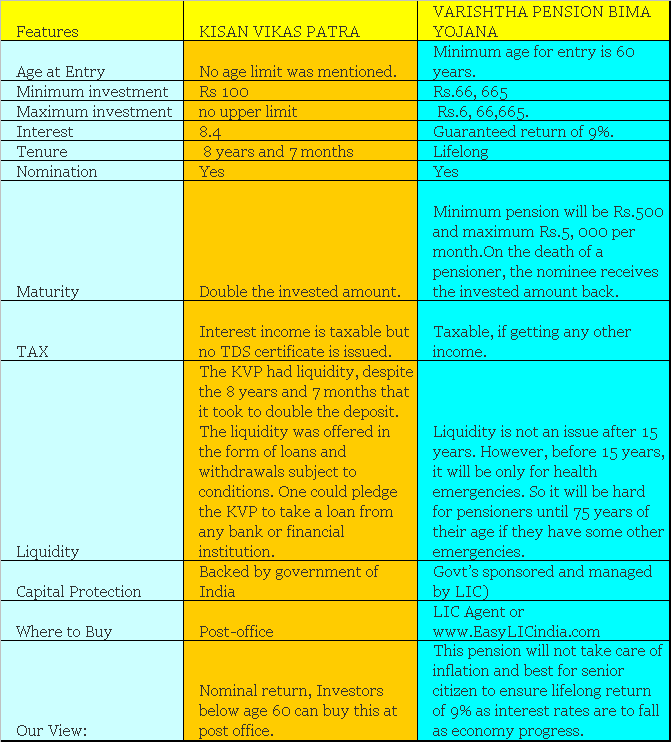Rajiv Gandhi Equity Savings Scheme (RGESS) the tail wagging the dog
Post on: 4 Август, 2015 No Comment

Last Updated On: 10/01/ 2013
Last year a very complicated scheme called the Rajiv Gandhi Equity Savings Scheme (RGESS) was launched with the motive to encourage first time investors to invest in the stock market.
Based on the scheme, you could get a maximum tax deduction of Rs. 5,000 if you invested Rs. 50,000 in certain specified stocks or mutual funds.
Earlier this month, SBI filed its prospectus for their RGESS mutual fund and then IDBI followed suit as well.
Both these products were structured quite differently as one was an open ended fund, and other was a close ended fund, and I got so immersed in trying to understand, evaluate and analyze these two funds that I lost the forest for the trees.
Ultimately, you will get a tax deduction of a maximum of Rs. 5,000 by investing Rs. 50,000 in any RGESS approved scheme, and anyone who is familiar with the share market will tell you that 10% can be wiped out in a matter of days or even hours, so to that extent is it a wise choice to invest in shares or mutual funds to get this tax benefit?
For most people the answer to this question will be no, but unfortunately most people won’t be asking this question.
It’s just the way it has always been when it comes to financial products, and everyone is to be blamed for this.
As soon as a new product is launched – news stories start appearing about it, people start inquiring about it, bloggers start blogging about it and very soon the focus is on the product instead of your financial need.
Why invest in an IPO when you can invest in the thousands of stocks that already exist in the market and why buy the latest insurance product from LIC when hundreds of similar products already exist in the market?
I think we get so carried away with the frenzy of new product launches that we forget to look at all the similar options that already exist in the market and can serve the need better.
The RGESS example was so obvious once I had spent about an hour or so thinking about it but I think the most common example is of someone asking which will be a good mutual fund to invest in .
That question is so common, even a lot of pros start listing out options as soon as they hear the question instead of asking what the person is trying to achieve. Ultimately mutual funds are just investment vehicles that you own because you want a piece of the underlying asset be it stock, gold or bonds, but often we forget to ask that question.
Back to the question of RGESS, I believe someone who wants to invest in the stock market for the first time, and has exhausted the 80C limit should look around and ask for a product that will get him exposure to equities and if there is any tax benefit – even more better.
But in reality, the way it will work is that you would be told that you can save tax by investing in this new thing called RGESS if you have never invested in stocks before, and as a result you will end up owning one of these mutual funds.
It’s as if the tail is wagging the dog in the entire industry.
This is a guest post by Manshu. who blogs on Personal Finance at www.onemint.com – the views expressed herein are Author’s Personal Views.
If you any questions related to RGESS or any other tax saving instrument – feel free to add in comment section.














